1. The Fall of Constantinople (1453)
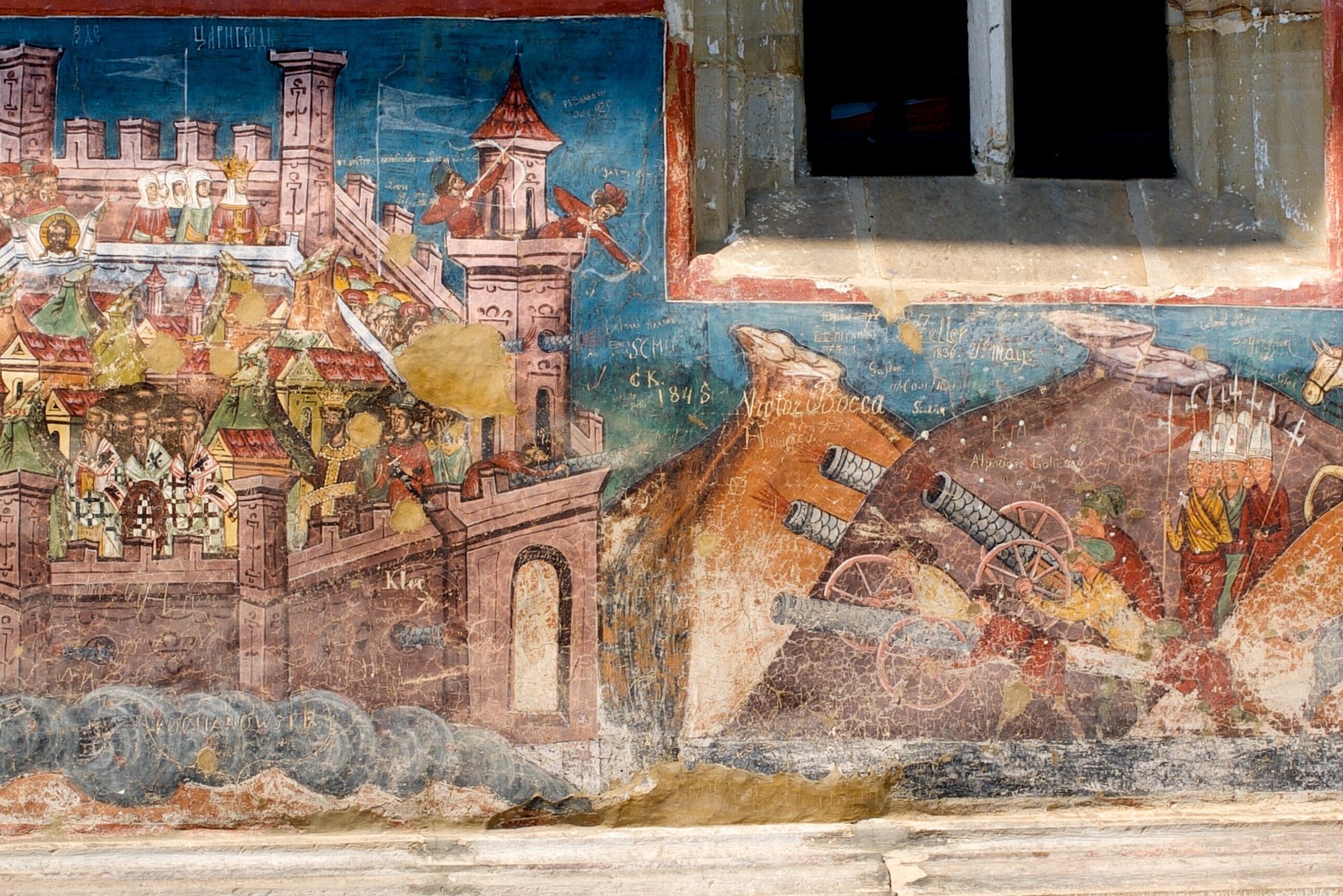
When the Ottoman Empire took Constantinople, it marked the end of the Byzantine Empire and the beginning of a new era. While the Ottomans brought advancements in trade and culture, the loss of the city meant the destruction of priceless knowledge and the displacement of countless Greek scholars. Many ancient texts were lost or scattered, disrupting the continuity of classical learning. The city’s famous Hagia Sophia, once a grand cathedral, was converted into a mosque, symbolizing the shift in power says Modern Diplomacy.
The fall also had long-term consequences for Europe, as it cut off major trade routes to the East. This forced European nations to seek new paths to Asia, fueling the Age of Exploration. While that era led to great discoveries, it also led to colonization and the suffering of indigenous peoples. The world changed forever, but it came at the cost of one of the most powerful civilizations in history adds MSN.
2. The Spanish Conquest of the Aztecs (1521)
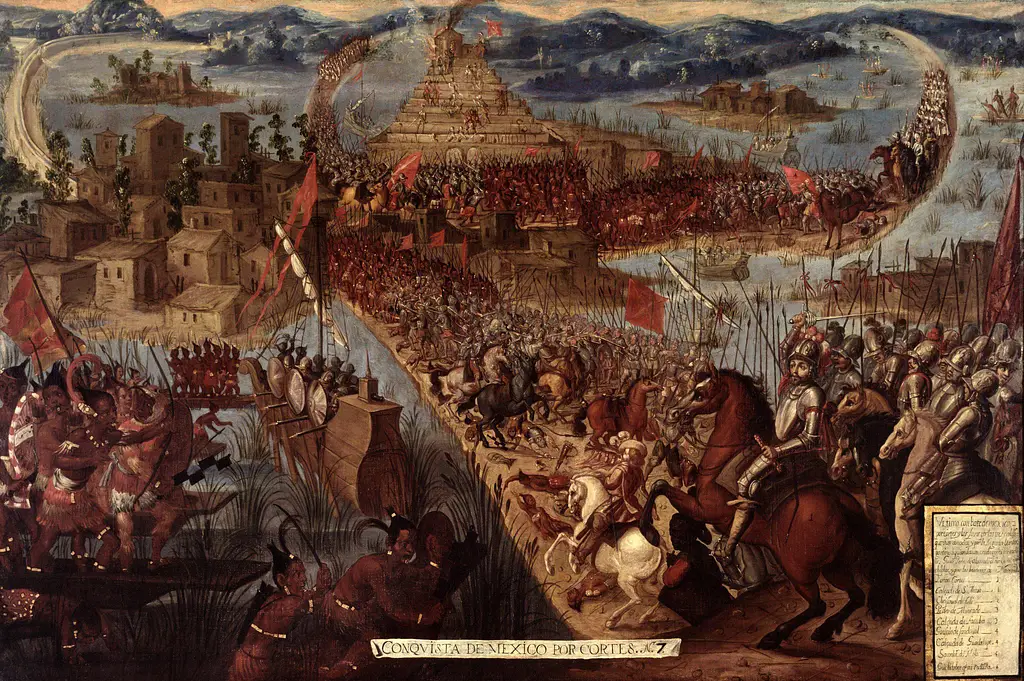
When Hernán Cortés and his men defeated the Aztecs, they weren’t just winning a battle—they were wiping out an entire civilization. The fall of Tenochtitlán marked the end of one of the most advanced societies in the Americas. The Aztecs had impressive engineering, a rich culture, and a complex political system, but none of that could withstand European weapons and disease. Smallpox alone devastated the population, killing millions before they even had a chance to fight back shares the Spectator.
The Spanish victory led to the complete reshaping of Mesoamerica, but not for the better. Indigenous traditions were suppressed, temples were destroyed, and European rule brought harsh slavery. While the conquest opened up vast wealth for Spain, it created centuries of oppression for the people who once thrived there. The price of victory was the erasure of a civilization that had so much more to offer says NPR.
3. The Salem Witch Trials (1692)
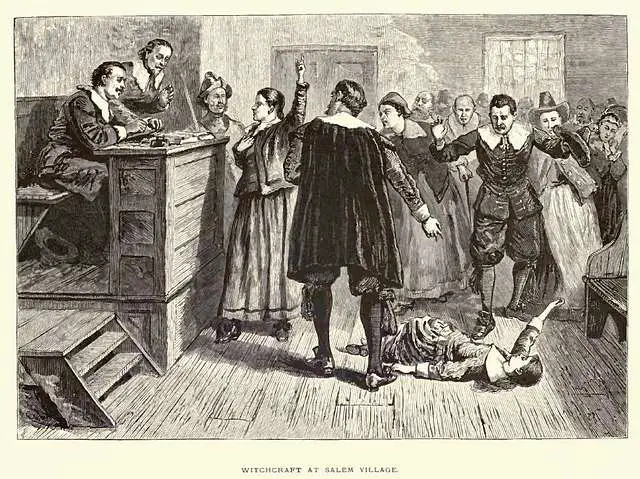
For a brief and terrifying period in colonial America, paranoia won out over reason. The Salem Witch Trials led to the execution of 20 people, mostly women, based on flimsy accusations and mass hysteria. It didn’t matter if someone was innocent—once the town turned against them, their fate was sealed. The trials encouraged a culture of fear where personal vendettas became death sentences. It was a time when superstition ruled over logic, and the wrong side won every single time says National Geographic.
Though the trials eventually ended, the damage was already done. Families were torn apart, reputations were ruined, and the colony was left with the shame of what it had done. It wasn’t until much later that society began to see how dangerous unchecked fear could be. The Salem Witch Trials may seem like ancient history, but their lessons about hysteria and injustice are still relevant today.
4. The American Civil War’s Reconstruction Failure (1877)
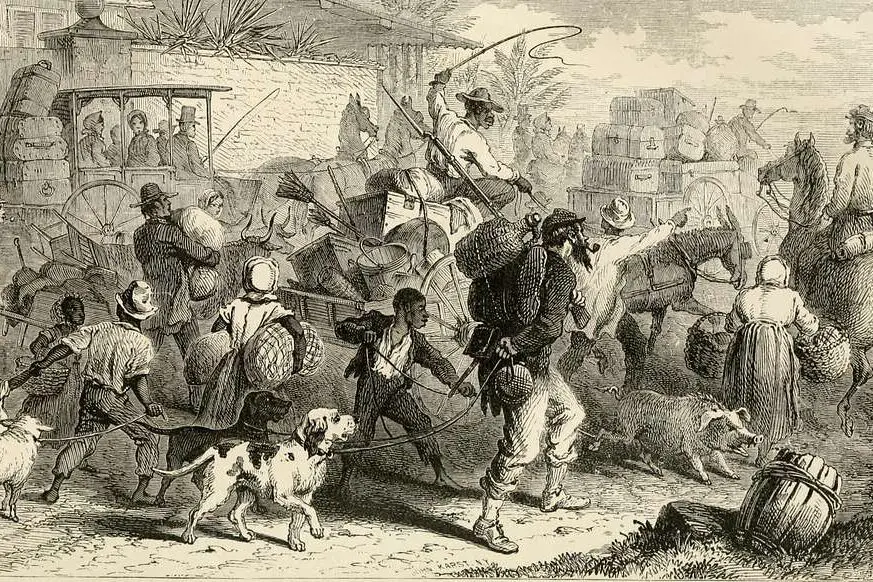
The Civil War may have ended in Union victory, but the real battle was what came after. Reconstruction was meant to rebuild the South and ensure rights for newly freed Black Americans. Instead, when federal troops withdrew in 1877, white supremacists took back control. Jim Crow laws, voter suppression, and racial violence became the new reality, undoing much of what had been fought for. The South may have lost the war, but in many ways, they won the peace.
The failure of Reconstruction had consequences that lasted well into the 20th century. Segregation and racial injustice continued for generations, with echoes still felt today. If Reconstruction had been handled differently, the U.S. might have avoided many of the struggles for civil rights that came later. Instead, a chance to create true equality was lost, and millions suffered because of it.
5. The Rise of Adolf Hitler (1933)

When Adolf Hitler was appointed Chancellor of Germany, it was a victory for the wrong side in the worst way imaginable. His rise to power came during a time of economic despair, and he manipulated fear and resentment to his advantage. Within a decade, he led the world into the deadliest conflict in history. The Holocaust and World War II were direct results of his leadership, leading to the deaths of millions. The world had a chance to stop him early, but many underestimated how dangerous he was.
By the time the world reacted, it was too late. Countries appeased him, thinking they could avoid war, but that only made him bolder. The cost of Hitler’s rise was immeasurable, leaving scars that remain to this day. If different political decisions had been made in the early ’30s, history could have taken a much different—and less tragic—course.
6. The Vietnam War (1975)
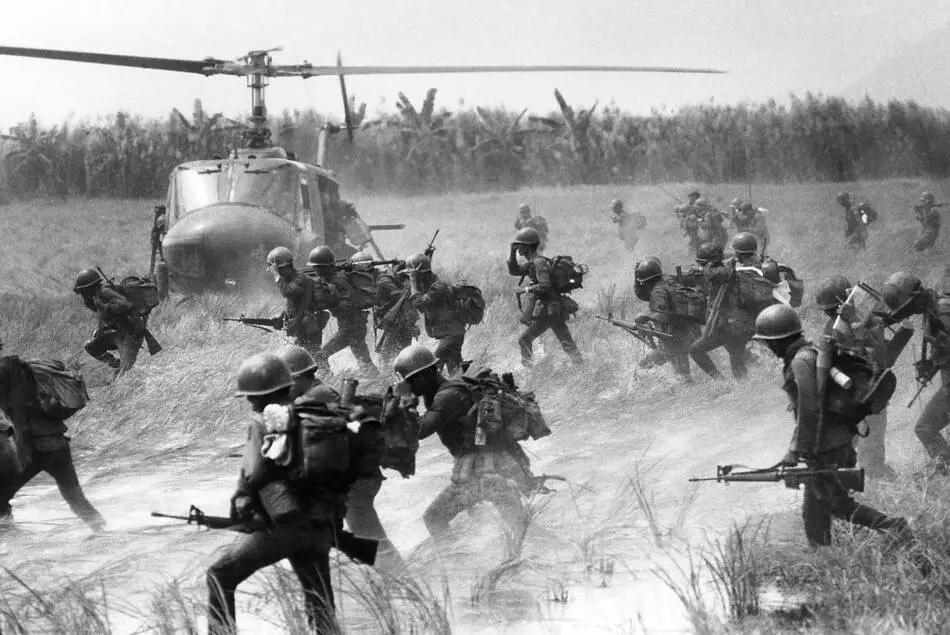
The Vietnam War ended with the fall of Saigon and a victory for North Vietnam, but at what cost? The war itself had already been a disaster, leaving millions dead and a country in ruins. When the U.S. withdrew, South Vietnam was quickly overtaken, and communism spread across the region. The reunification of Vietnam under communist rule led to years of repression, economic struggles, and mass imprisonment of former South Vietnamese allies. It was a brutal aftermath for those who had fought for freedom.
The war also left the U.S. divided, with many questioning their government’s decisions. Trust in leadership eroded, and the scars of the conflict lingered for decades. American veterans returned home to hostility rather than gratitude, adding another layer of tragedy. The war was a loss for all sides, but in the end, the people who suffered most were the ones caught in the middle.
7. The Iranian Revolution (1979)
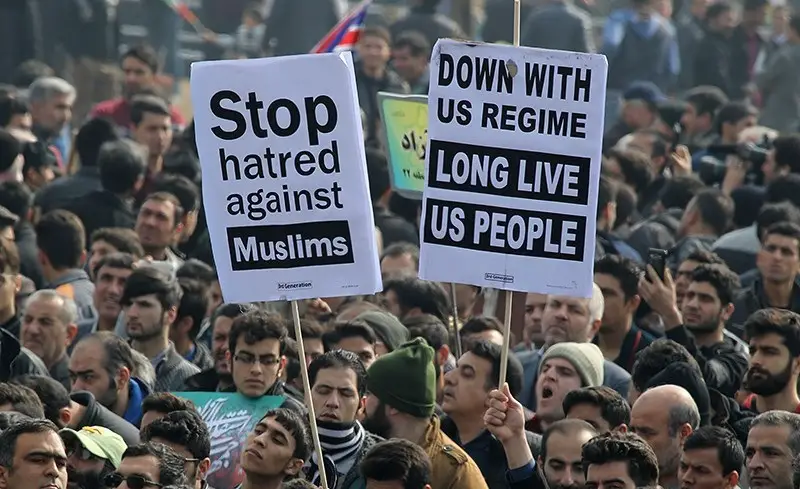
The overthrow of the Shah of Iran seemed like a victory for democracy, but it turned into something else entirely. Instead of a more free and open society, Iran fell under the rule of Ayatollah Khomeini, who implemented strict religious law. Women lost many of their rights, and political dissent was crushed. What started as a movement for change became a theocratic dictatorship, silencing those who had fought for freedom. The wrong side had won, and the country would never be the same.
The revolution also had massive global consequences. Iran went from being a U.S. ally to one of its biggest adversaries. Decades of tension, conflict, and human rights abuses followed. The world watched as Iran transformed, and those who had once hoped for democracy were left with an oppressive regime instead.
8. The Exxon Valdez Oil Spill Response (1989)
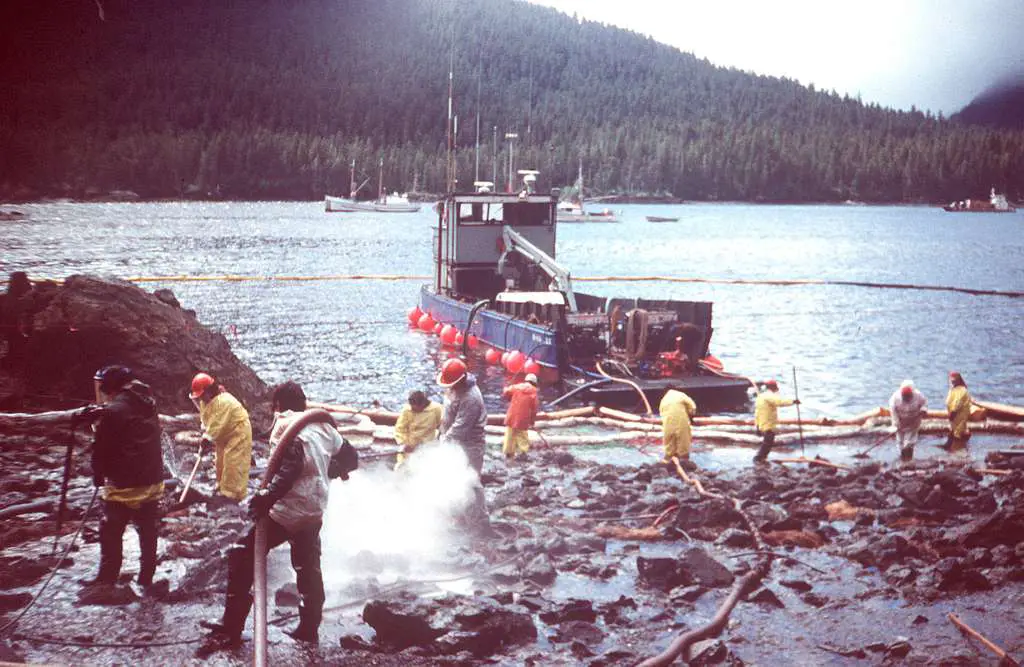
When the Exxon Valdez oil tanker spilled millions of gallons of crude oil into Alaska’s waters, it was an environmental disaster. But what made it worse was the lack of accountability afterward. Exxon spent years fighting legal battles to minimize their financial responsibility. The courts eventually reduced their penalties, letting them off easy for one of the worst spills in history. The ecosystems of Prince William Sound, once teeming with life, were devastated.
Instead of prioritizing cleanup and restitution, Exxon focused on damage control for its image. The disaster showed how corporations could avoid full responsibility for environmental destruction. It set a precedent that continues to this day, where big companies often escape the true cost of their actions. Decades later, the effects of the spill are still felt, and justice never fully came for the damage done.
9. The 2000 U.S. Presidential Election
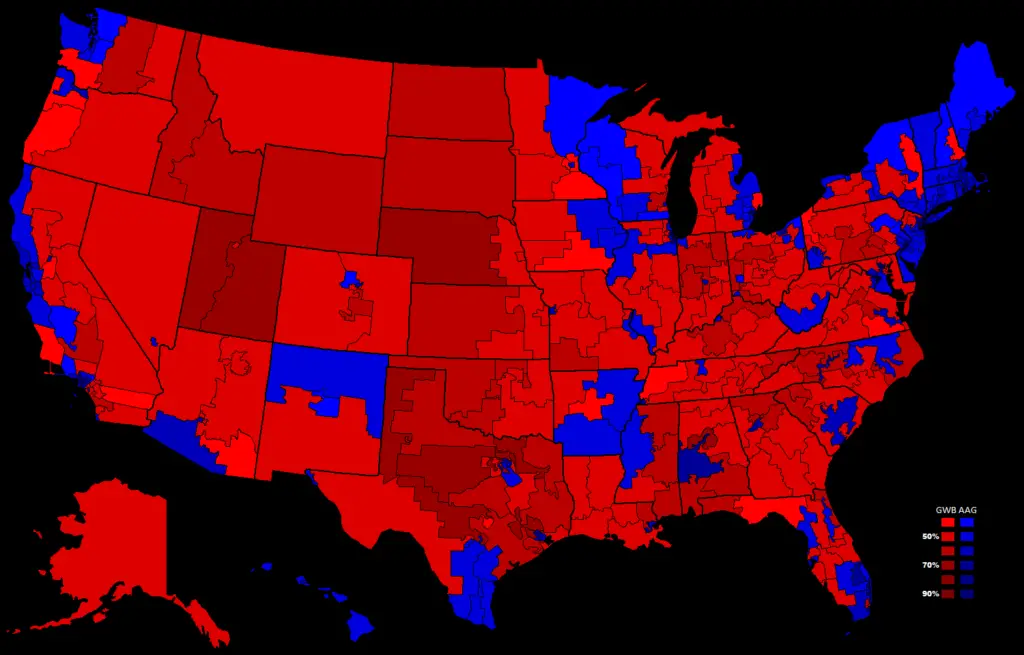
The 2000 U.S. presidential election came down to a handful of votes in Florida, and the Supreme Court’s ruling in Bush v. Gore ultimately handed the victory to George W. Bush. The decision effectively ended the recount, leaving many to question whether the right winner had actually been determined. This controversy overshadowed the legitimacy of the election and led to deep political divisions. It also had long-term consequences, particularly in foreign policy. Just a year later, the 9/11 attacks reshaped the world, and the Bush administration’s response to them defined the next decade.
The war in Iraq, launched under false claims of weapons of mass destruction, cost hundreds of thousands of lives and destabilized the Middle East. Domestically, the country saw increased surveillance, new government overreach, and policies that are still debated today. Had the election gone the other way, history might have taken a very different turn. Instead, the outcome shaped the 21st century in ways that are still unfolding.
10. The Financial Crisis of 2008 and Its Aftermath
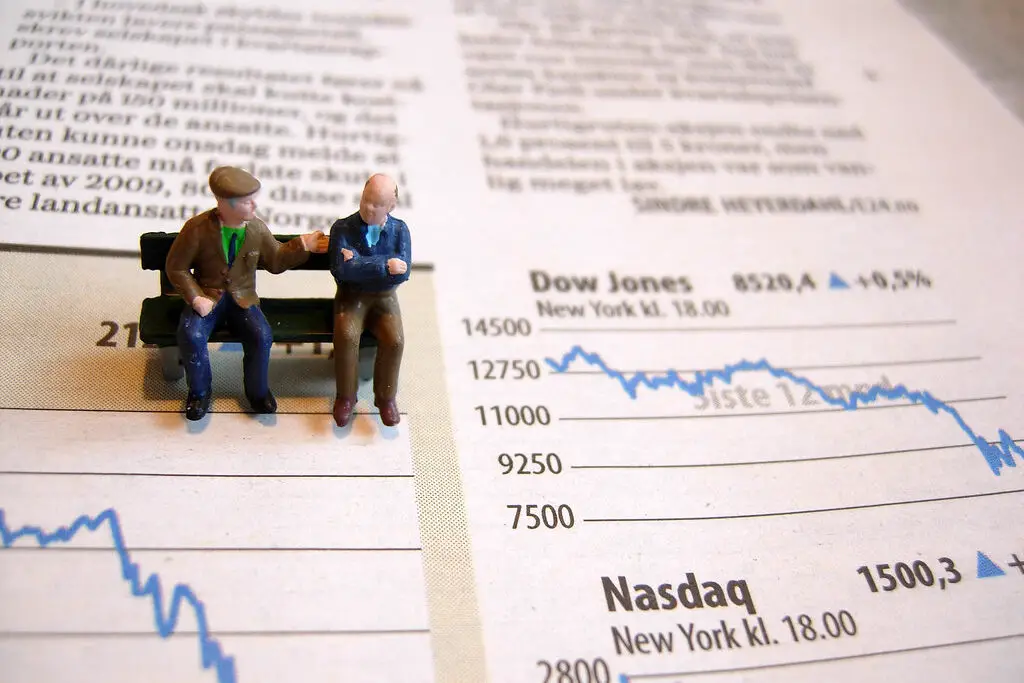
When the financial crisis hit in 2008, it was clear that Wall Street had made reckless decisions. But instead of holding major banks accountable, the U.S. government bailed them out with taxpayer money. Meanwhile, millions of everyday people lost their homes, their savings, and their jobs. The rich walked away mostly unscathed, while working-class families bore the brunt of the economic collapse. The financial sector had gambled and lost, but in the end, they still won.
The lack of real consequences for those responsible created lasting resentment. While some reforms were introduced, the financial system largely went back to business as usual. The crisis widened wealth inequality and made younger generations skeptical of the economic system. Even today, many people still feel the lingering effects of a system that prioritized corporations over individuals.
11. Brexit (2016)
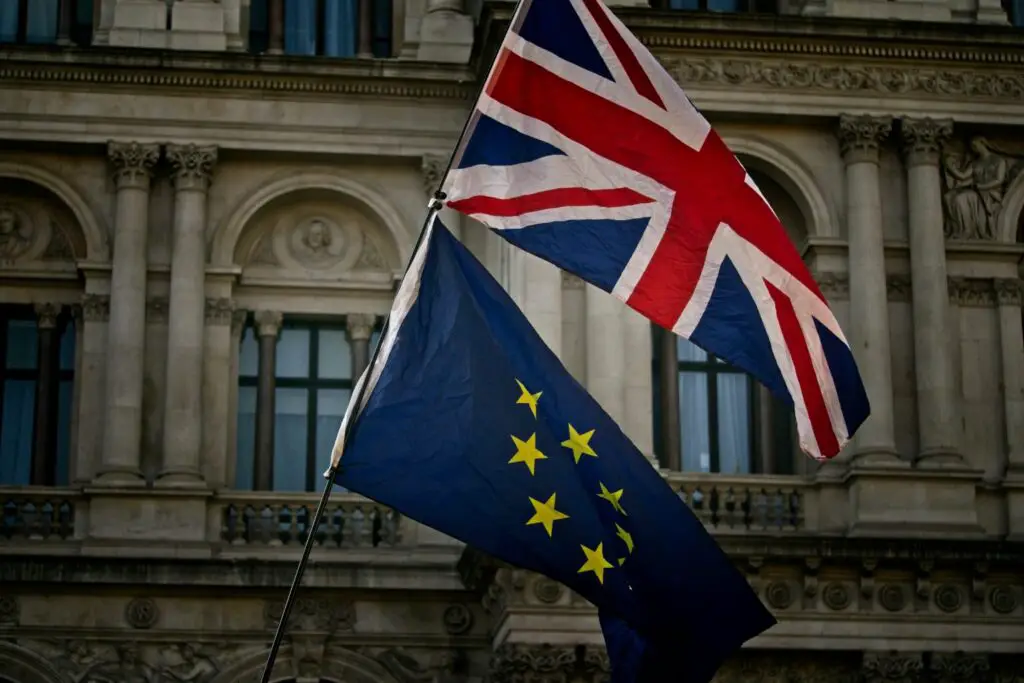
When the United Kingdom voted to leave the European Union, it was framed as a victory for national sovereignty. But in reality, it led to economic instability, political chaos, and a divided nation. Many who voted for Brexit later regretted it, realizing that the promises made by its supporters were misleading. Trade became more difficult, businesses suffered, and the British economy took a major hit. Instead of newfound independence, the UK found itself struggling to redefine its place in the world.
The political fallout was just as disastrous. Prime ministers resigned, bitter negotiations dragged on for years, and Britain became more polarized than ever. What was supposed to be a step toward greater control ended up creating years of confusion and instability. The full impact of Brexit is still unfolding, but for many, it already feels like the wrong side won.
12. The Rise of Misinformation in the 2020s
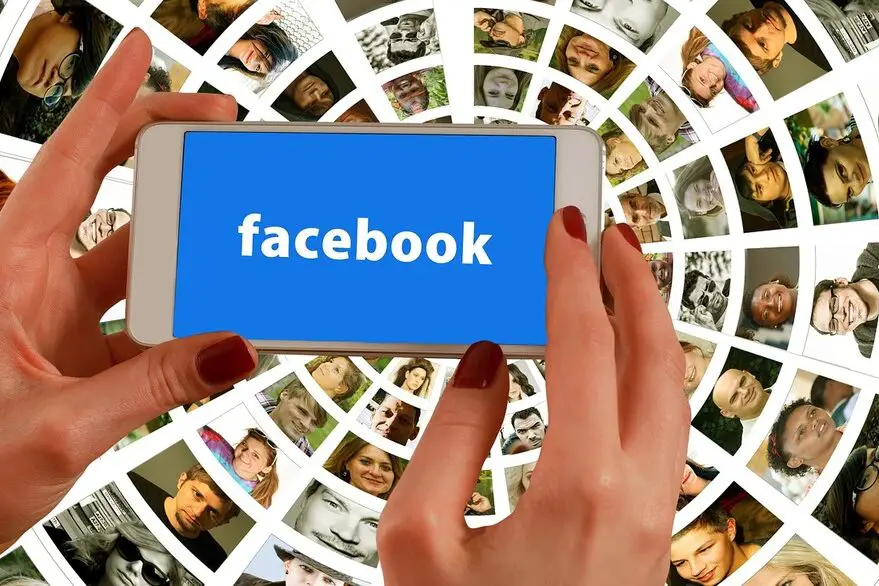
The internet was supposed to be a tool for knowledge, but in recent years, misinformation has often drowned out the truth. Social media has allowed conspiracy theories to spread faster than ever, influencing elections, public health decisions, and global events. From vaccine misinformation to election fraud claims, falsehoods have shaped real-world policies. This shift has eroded trust in experts, media, and even democratic institutions. The wrong side—those who prioritize engagement over accuracy—has gained the upper hand.
The consequences have been severe. Public health crises worsened because of false medical claims, and political divisions deepened as people operated in separate realities. Governments and tech companies have struggled to respond, often acting too late or too weakly. The battle against misinformation is ongoing, but so far, it seems like the truth is still losing.
13. The Global Response to Climate Change
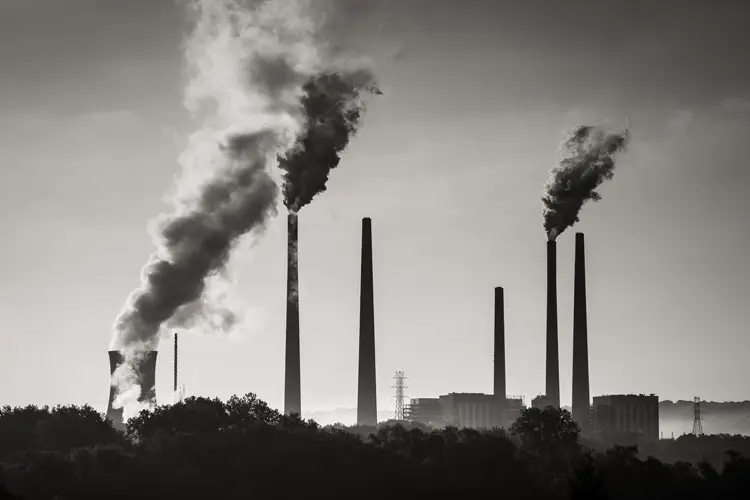
For decades, scientists have warned about climate change, yet the world’s biggest polluters continue to drag their feet. Instead of bold action, most governments have settled for half-measures and broken promises. The fossil fuel industry, despite knowing the damage it causes, still wields immense power. Every year, the planet experiences more extreme weather, yet meaningful change always seems just out of reach. The wrong side—those prioritizing profit over sustainability—keeps winning, while the world suffers.
The cost of inaction is becoming clearer by the day. Wildfires rage, hurricanes grow stronger, and entire communities are displaced. If decisive action had been taken decades ago, we might not be facing such dire consequences now. The fight isn’t over, but as of now, the people pushing for real change are still losing.
